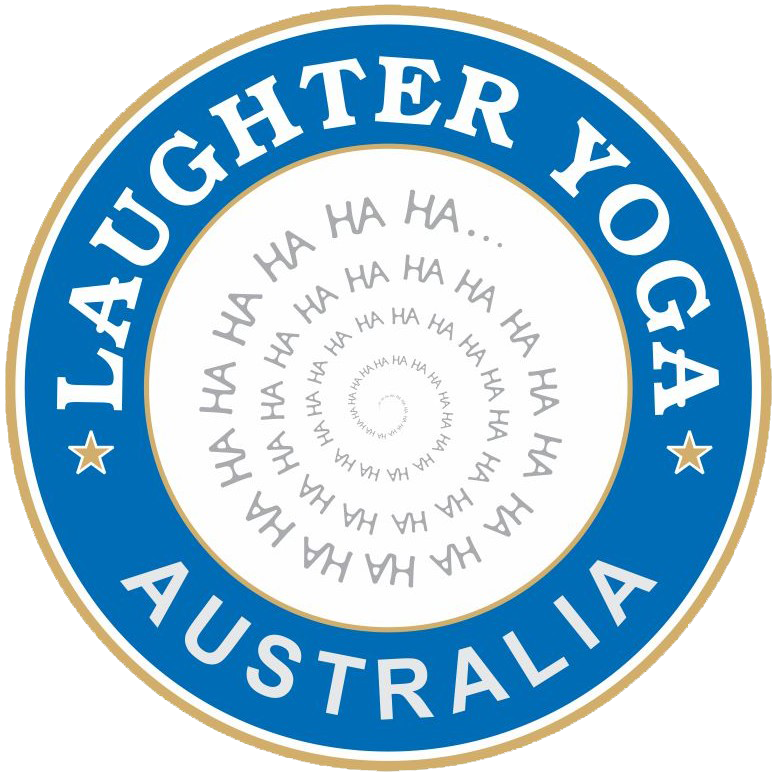Laughter Yoga for Schools
When the Laughter Yoga movement began in 1995, emphasis was on adults rekindling the healthy habit of laughter – as kids did, just for the fun of it.
In fact young children were said to laugh as much as 300 times a day, giggling about anything and everything.
That was in the day when kids generally didn’t have mobile phones or Facebook accounts. They still played mostly with friends, face to face. They weren’t glued to digital devices and they didn’t need to feel pressured to perform at school – at least until their later high school years.
Fast forward to today and kids are suffering. They’re losing their ability to laugh much too soon.
About 1 in 7 Australian children and teens, aged 4 to 17, have mental health or behavioural problems, according to Mindframe.
The Australian Child Wellbeing Project report, released in 2016, found 1 in 10 Australian children missed school at least once a week and 1 in 6 had been bullied: 1 in 3 students in Year 6 got so worried about homework that they made themselves sick, suffering headaches, stomach aches, dizziness and nervousness; feeling low.
Not surprisingly by the time they are in their mid-teens, there’s frightening levels of mental ill-health. Beyond Blue says 1 in 16 young Australians currently experience depression and 1 in 6 currently experiences an anxiety condition. The top 3 issues worrying young people are coping with stress, school or study problems and body image.
This doesn’t bode well for their adult life.
Laughter Yoga offers a fun, easy and economical solution for schools and other educational institutions.
Schools that have adopted Laughter Yoga into their classrooms report students become:
- upbeat
- playful
- creative
- willing to learn.
There are fewer disciplinary issue and less absenteeism.
Laughter Yoga in schools is not all about the students: it’s for teachers too!
Australian teachers are doing it tough. A comparison of 26 occupations found:
- teachers are among the highest in self-reported work-related stress
- 6th lowest score for job satisfaction
- 2nd poorest physical health and psychological wellbeing.
Practising Laughter Yoga in schools makes a difference for teachers too. You’ll feel re-energised and motivated.
<CALL TO ACTION NEEDED>

